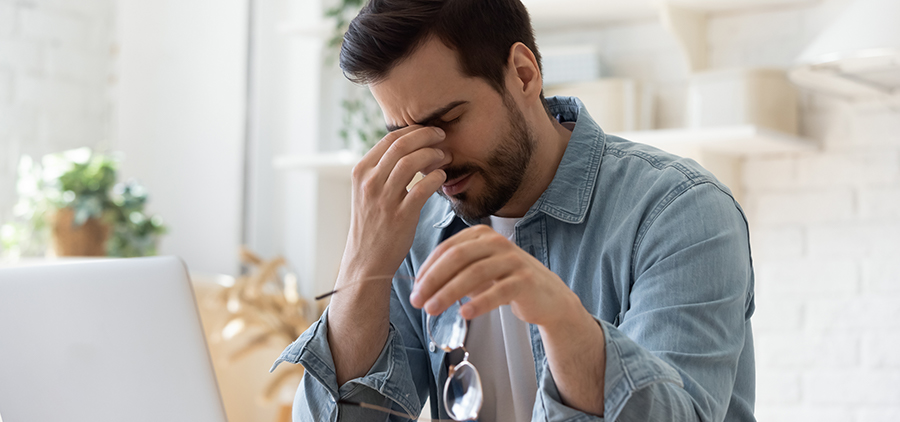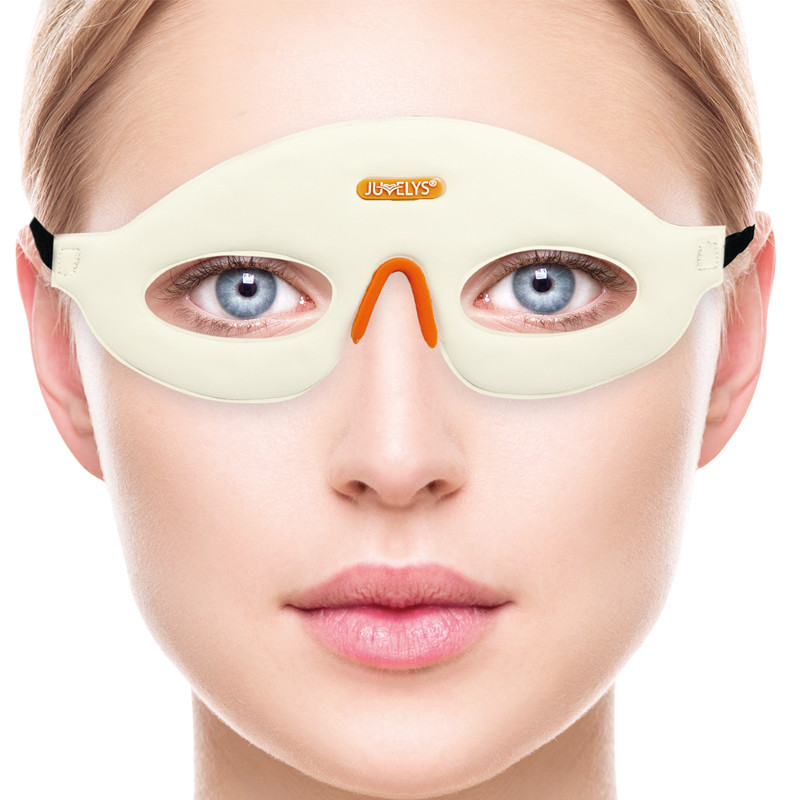Visual ability is an essential part of our daily lives. It allows us to appreciate the colors, shapes, movements and beauty of our environment. With age or exposure to certain factors, our vision can deteriorate. It is therefore important to adopt good habits to preserve our visual capacity. In this article, we will discuss five essential tips to maintain and protect our vision throughout our lives.

Adopt a balanced diet
As always, diet... It comes up a lot!
So, a healthy and balanced diet is essential to maintain good visual health. The vitamins and minerals found in fruits, vegetables, fatty fish and nuts are beneficial to our eyes.
Vitamin A, found in foods such as carrots, spinach, sweet potatoes and apricots, helps improve night vision and prevent night blindness. Vitamins C and E, found in citrus fruits, berries, dark green leafy vegetables, nuts and seeds, have antioxidant properties that protect eye cells from free radical damage.
Antioxidants such as lutein and zeaxanthin, help protect our eyes from free radical damage. Found in green vegetables like spinach, kale and broccoli, they also help filter out harmful blue light and reduce the risk of age-related macular degeneration (AMD).
Eggs are also a good source of both antioxidants, as well as zinc, a mineral that contributes to retinal health.
In addition, the omega-3 fatty acids found in fatty fish such as salmon, mackerel and sardines, help prevent dry eyes and age-related macular degeneration.
For vegetarians and vegans, flaxseeds, chia seeds and walnuts are also good sources of omega-3.
Protect your eyes from UV rays
Excessive exposure to the sun's ultraviolet (UV) rays can damage the retina and increase the risk of cataracts and macular degeneration. To protect your eyes, it is recommended that you wear sunglasses with 100% UV protection and a wide-brimmed hat when outdoors. Avoid looking directly at the sun and make sure you choose good quality sunglasses that block both UVA and UVB rays.
Stop! Take regular breaks from your screens
Digital eye strain, also known as computer vision syndrome, has become common due to the widespread use of smartphones, tablets and computers. Spending long hours in front of a screen can cause problems such as dry eyes, fatigue, headaches and blurred vision. To prevent these problems, it's important to take regular breaks by following the 20-20-20 rule: every 20 minutes, look at something 20 feet (about 6 meters) away for 20 seconds. Also, be sure to blink frequently to reduce dry eyes.
Blue glasses can reduce the impact of screens and protect your eyes.
In recovery, Juvelys® Auris goggles are especially recommended for screen users. They can be worn at night or in daily 15 minute sessions.
Is it serious, doctor? Have your eyesight checked regularly...
Regular visits to an ophthalmologist or optometrist are essential to check the condition of your vision and detect any eye problems. Eye exams can detect vision abnormalities such as nearsightedness, farsightedness, astigmatism and presbyopia, and prescribe appropriate eyeglasses or contact lenses. In addition, these exams can reveal early signs of serious eye diseases, such as glaucoma, cataracts and macular degeneration, which can be treated more effectively when detected early. It is generally recommended that you have your vision checked every two years, or more frequently if you have risk factors or a family history of eye problems.
Adopt good eye hygiene
The maintenance of the visual capacity also passes by a good ocular hygiene. Beware of dirty hands when touching or rubbing your eyes, this can introduce bacteria and cause infections. When wearing contact lenses, it is important to follow the recommendations of eye care professionals for their use, care and cleaning.
In case of dry eyes, the use of artificial tears can help maintain a good hydration of the ocular surface. Finally, in a dusty environment or with chemicals, it is preferable to use protective eyewear to avoid injury or eye irritation.
Maintaining your visual capacity is crucial to prevent long-term eye problems. By eating a balanced diet, protecting your eyes from UV rays, taking regular breaks from screens, seeing an ophthalmologist regularly and maintaining good eye hygiene, you can preserve and improve the quality of your vision throughout your life.
Take care of your eyes today to enjoy them tomorrow!

